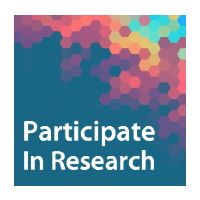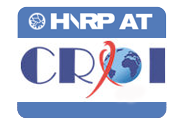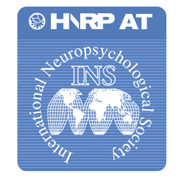ABOUT IRFN
Interdisciplinary Research Fellowship in NeuroAIDS (IRFN) is affiliated with the HIV Neurobehavioral Research Program (HNRP) at the University of California San Diego (UCSD). The impetus for this educational program is driven by the idea that our future success in tackling the complex clinical disorders encountered in neuroAIDS depends on the availability of clinically-oriented researchers with training across relevant research disciplines. To this end, we have followed an interdisciplinary model of research training aimed at bridging the gaps left by single discipline approaches. Our program functions as a neuroAIDS-themed Special Institute emphasizing interdisciplinary and translational neuroAIDS research through three main programmatic components: an academic didactic program, a research component, and close mentoring by experts in the field, making available the talents of preclinical and clinically oriented neuroAIDS researchers at UCSD and affiliated regional institutions. The IRFN provides a clear progression for each fellow toward independence in order to consolidate their future success. Fellows will be learn to approach neuroAIDS research questions from an interdisciplinary and translational perspective, with potential clinical applications as an essential end point of their work. The research experiences of IRFN fellows will be in the laboratories of high-caliber, internationally recognized neuroAIDS researchers.
The program features:
- Outstanding faculty who have a long history of mentoring researchers to become independent investigators;
- Research experiences that are tailored to each fellow's needs including access to external experts in their laboratories or invited onto campus;
- Both fixed and flexible didactic experiences
Fellowship Goals
The Interdisciplinary Research Fellowship in NeuroAIDs (IRFN), with funding from the National Institute of Mental Health (NIMH), provides training and mentoring to clinical and basic scientists interested in careers in neuroAIDS research.
Training experiences emphasize the interdisciplinary and translational nature of clinical problems in neuroAIDS in order to prepare future scientists to tackle emerging questions in the field.
The IRFN pairs trainees with mentors from clinical and basic science backgrounds according to their research interests, and provides a clinical literacy program in neuroAIDS for basic scientists.
IRFN Fellows are exposed to cutting-edge scientific environments and have contact with some of the most respected neuroAIDS researchers in the world.
- IRFN Intro - A NIMH-Funded R25 Education Program – Mariana Cherner PhD
- Central Nervous System Distribution of Antiretroviral Drugs – Scott Letendre, MD
- HIV Persistence, Reservoirs and Care – Ron Ellis, MD, PhD
- Interdisciplinary Research Fellowship in NeuroAIDS Seminar – Christine Fennema-Notestine, PhD
- Animal Models of NeuroAIDS & HAND – Marcus Kaul, PhD
- The cells that make you lose your nerves – Cecilia Marcondes, PhD
- The Role of the Microbiome in CNS Disorders – Scott Petterson, PhD
- Clinical HIV and Therapies – Sara Gianella Weibel, MD
- HIV-Associated Neurocognitive Impairment in Hispanics/Latinos – Maria Marquine, PhD
- IRFN 2020 Graduation Event
Eligibility and Application Process
The IRFN is a 2-year program for postdoctoral scientists. Fellows spend 30% time on IRFN activities, in coordination with their clinical training program.
Who is Eligible?
Candidates interested in applying for the IRFN fellowship should prepare an application package that includes:







